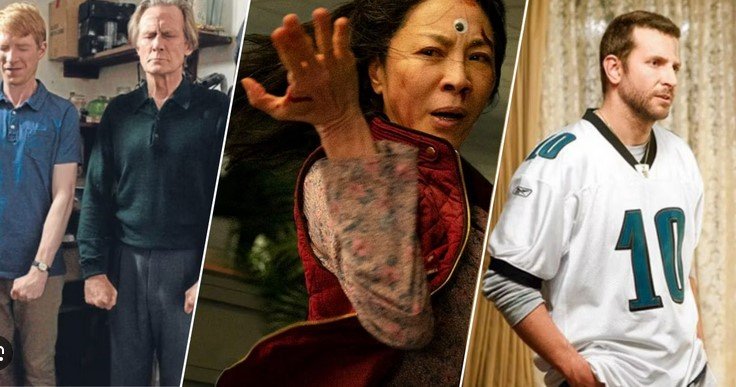Certain films transcend entertainment and leave a lasting impact on society, shaping how we view critical issues. These movies challenge norms, spark conversations, and often drive real-world change. When filmmakers push the boundaries of storytelling, they provide audiences with new perspectives, often influencing how we think about race, gender, justice, and human rights. Let’s explore some of the most iconic movies that changed society’s perspective.

The Power of Storytelling in Cinema
1. To Kill a Mockingbird (1962)
To Kill a Mockingbird stands as a powerful commentary on racial injustice in America. The film, adapted from Harper Lee’s novel, shines a spotlight on the deep-rooted racism of the 1930s American South. The story, centred around the wrongful accusation of an African American man, revealed the harsh realities of racial inequality, forcing many viewers to confront uncomfortable truths about prejudice in their own society. The film’s protagonist, Atticus Finch, became a symbol of integrity and moral courage.
This film stirred conversations about racism and social justice, encouraging viewers to consider their own biases and the importance of standing up against injustice.
2. Philadelphia (1993)
Philadelphia was groundbreaking in its portrayal of the AIDS crisis and LGBTQ+ discrimination. Released at a time when AIDS was heavily stigmatized, the film follows a lawyer diagnosed with HIV as he sues his law firm for wrongful termination due to his illness. Tom Hanks’ powerful performance humanized the struggles of people with HIV/AIDS and the LGBTQ+ community.
Philadelphia opened the door for mainstream conversations about HIV, sexual orientation, and the importance of empathy and equality. It helped change societal attitudes toward individuals suffering from the disease, promoting compassion and awareness.
Challenging Gender Norms
1. Thelma & Louise (1991)
Thelma & Louise broke boundaries with its depiction of two strong female leads taking control of their lives. In a society dominated by male-centric narratives, this movie showcased women fighting against misogyny and reclaiming their autonomy. The film tackled issues of sexual assault, female empowerment, and friendship, resonating with women who felt unheard or marginalized.
By flipping traditional gender roles, Thelma & Louise ignited discussions on feminism and the importance of representing female stories in film. Its iconic ending became a symbol of defiance against societal expectations, inspiring a new generation of women to challenge the status quo.
2. Erin Brockovich (2000)
Based on a true story, Erin Brockovich depicts a determined woman who brings a powerful corporation to justice for polluting a community’s water supply. The film highlights environmental issues, corporate corruption, and the strength of a working-class woman fighting for what’s right. Julia Roberts’ portrayal of Erin Brockovich demonstrated the impact one person can have in standing up against powerful systems.
This film changed the way people viewed environmental activism, corporate accountability, and women’s roles in leadership. It also inspired greater awareness of environmental justice issues, encouraging viewers to be more critical of corporate practices.
Social Justice and Human Rights
1. Schindler’s List (1993)
Steven Spielberg’s Schindler’s List provided a visceral and haunting portrayal of the Holocaust, a dark period in human history. The film followed Oskar Schindler, a businessman who saved more than a thousand Jewish people during World War II. By documenting the atrocities of the Holocaust in such an unflinching manner, the film educated millions of viewers on the horrors faced by European Jews during the Nazi regime.
The film’s historical significance helped shape public understanding of the Holocaust, ensuring that future generations learned about this chapter of history. It remains a powerful reminder of the dangers of hate, and prejudice, and the importance of standing up for human rights.
Conclusion
Movies have the power to change society’s perspective by challenging established norms and introducing audiences to new ways of thinking. Whether addressing social justice, mental health, gender equality, or historical atrocities, these films have played a pivotal role in shaping public discourse and driving change. By using cinema as a tool for reflection and conversation, filmmakers continue to influence how we see the world and the issues that matter most.




